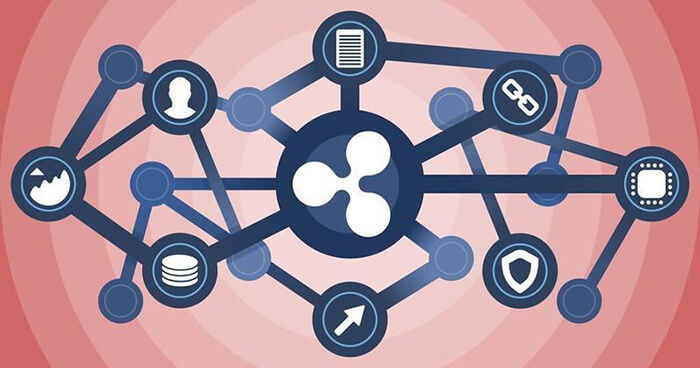
Web3 is a term that you’ve probably started hearing in 2021. But actually, it has been around for a lot longer than that.
Although Web3 only started gaining popularity with the increased awareness of the value of privacy online, the concept itself was established in 2014. A computer scientist named Gavin Wood coined the term to refer to a blockchain-based online ecosystem that’s not centralized.
If you’re still pretty confused about what this means, don’t worry. Watchdata – bitcoin blockchain API, a company that creates API solutions so you can maximize the power of Web3, will make it easier to understand about web3. We’ll also answer your most frequently asked questions at the end of the article.
Imagine if your favorite basketball team is owned by the players instead of the governor. What directions would you think they’d take regarding hiring a head coach or getting new players?
Although preserving the team by ensuring there’s enough capital is still important, it wouldn’t be the only concern. The players may take their team in unexpected directions! But what does this have to do with Web3?
Web3 is seen to be the third iteration of the world wide web, having a distinct identity from its two predecessors. Web1 is like watching basketball. Meanwhile, Web2 is actually playing the sport.
Pursuing the same analogy, what makes Web3 so distinct is the greater degree of control and freedom it provides you with. Powered by blockchain technology, it encourages a user-centric environment.
With Web3, you can:
The biggest highlight of Web3 is making sure the power isn’t concentrated in one or just a few entities. Instead of having the governor make decisions and claim ownership, it would be shared by the players.
From Web 1, which started as a product made for corporations, Web2 became more user-centric. Users are now allowed to create their own content as well as generate insane amounts of data with just one click. Access is also free, but in exchange, huge corporations have a right to sell or rent your data.
This issue of who owns the data is the main thing that Web3 is trying to resolve. However, it still has the benefits from Web2 that made the Internet extremely popular.
However, the latest iteration revolves around the principle of decentralization. Instead of the corporations owning the data, you own and control it yourself. Cybersecurity is vastly enhanced, and more advanced techs are used to create new possibilities.
If you had already graduated before using Google Docs became the norm, you most likely understand how hard it is to collaborate for a term paper. Each member is assigned to a part of the paper.
Then, it will be sent to the group. Everyone else will be leaving comments or suggesting edits. After that, the member who was originally assigned to the part will review the suggestions to change the document as they see it.
This process can continue for a long time because of all the back and forth. It will also be hard to track who made certain changes and when because only one has access to a document at a time.
In a sense, this is how it works for a non-blockchain-based ecosystem. You have a shared document, but any changes would only be visible to the person making them.
Web3 is like Google Docs because everyone can edit and collaborate in real time. All changes are monitored as well, and there’s no way to deny this information to anyone who already has access.
With Web3, you’re putting a premium on transparency and collaboration.
Anything that helps facilitate peer-to-peer transactions and interactions by removing middlemen may be considered Web3. An example that you may be familiar with is cryptocurrency. Instead of being regulated by a central bank, it’s decentralized. Another example is NFTs. Non-fungible tokens are unique electronic products with digital signatures. The ownership is kept track of using blockchain.
Experts say that will be highly unlikely. But as it gains acceptance in the general Internet community, you will definitely see it thrive even more in the future.
The main advantage of Web3 is its advocacy for digital property rights. Right now, all your data is being used to sell virtual ad spaces. With Web3, selling your data won’t be the only way to monetize the Internet.